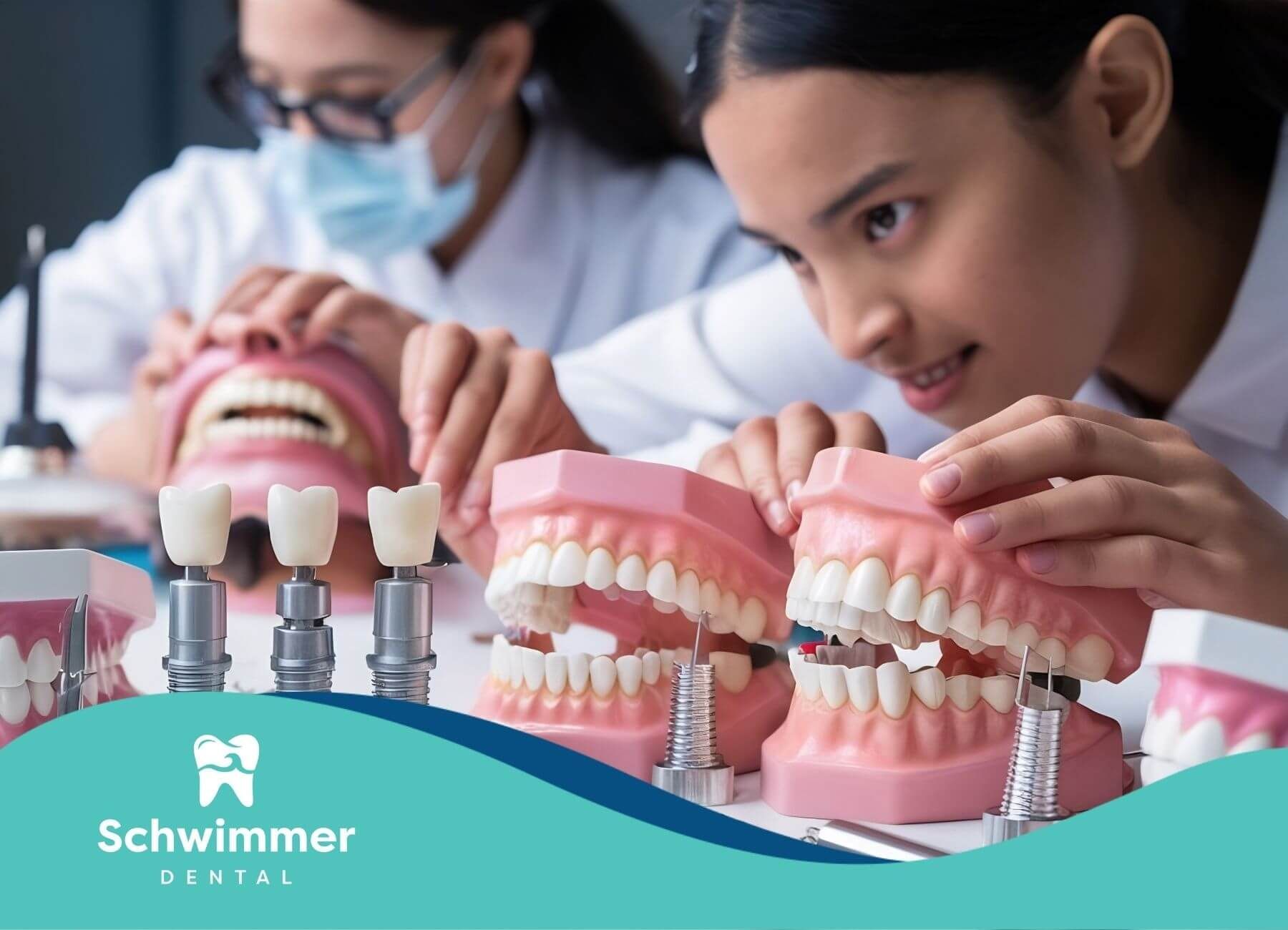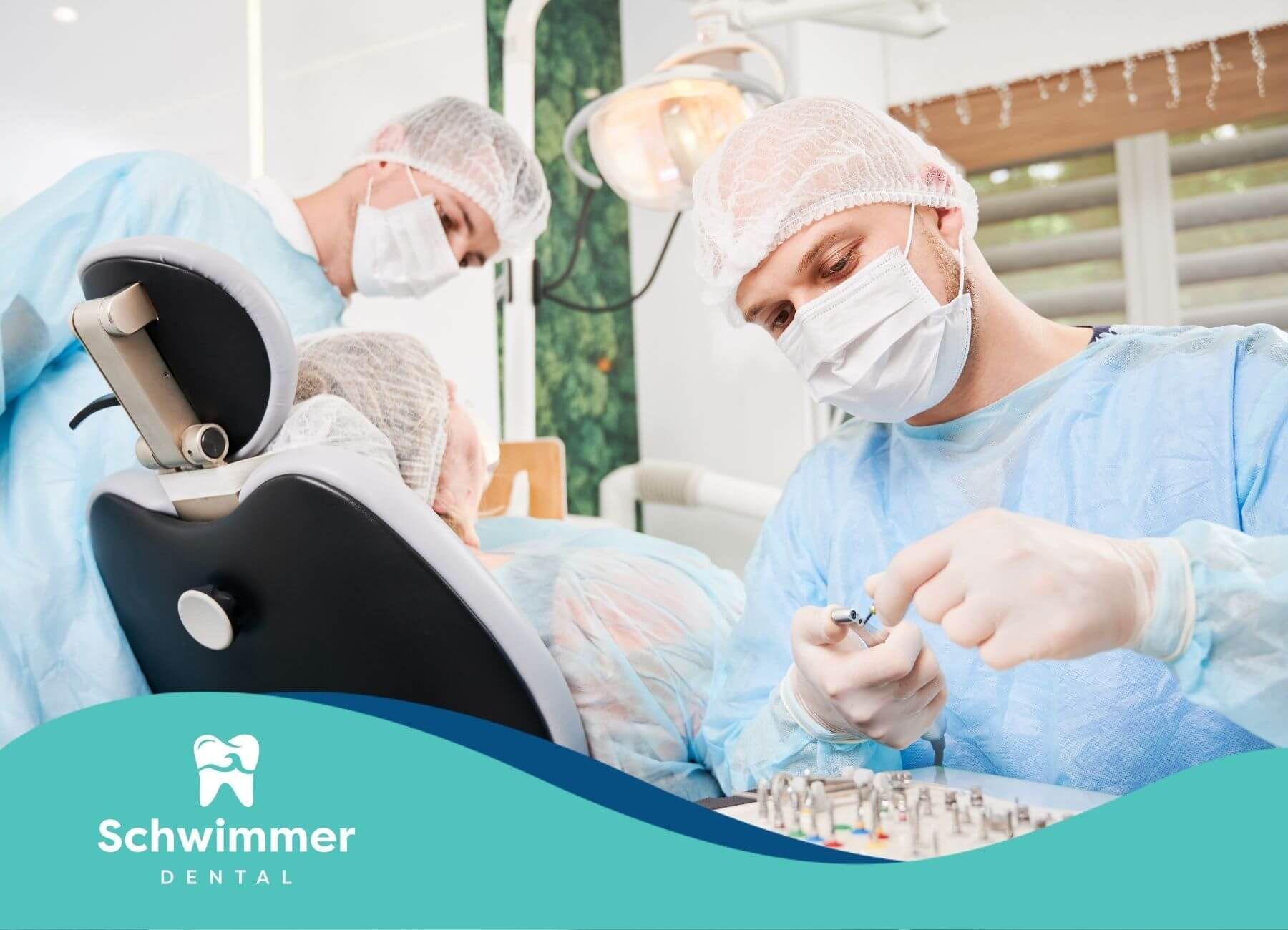Home Dental Care Tips: Keep Your Smile Healthy Between Visits
Maintaining a healthy smile doesn't start or end at the dentist’s office—it begins right at home. Good home dental care is essential for preventing cavities, gum disease, bad breath, and other oral health problems. While regular dental checkups are important, what you do every day at home makes the biggest impact on your teeth and gums.
This comprehensive guide will walk you through proven home dental care tips that are easy to follow, affordable, and effective. Whether you're looking to improve your brushing routine, pick the right products, or build habits that last, this article has you covered.
Why Home Dental Care Matters
Your mouth is a gateway to your overall health. Poor oral hygiene can lead to problems not just in the mouth but throughout the body. Bacteria from your mouth can enter the bloodstream and contribute to heart disease, diabetes, respiratory issues, and more.
When you make daily dental care a priority, you:
- Prevent plaque buildup
- Reduce your risk of tooth decay and gum disease
- Keep your breath fresh
- Preserve your natural teeth longer
- Avoid costly dental treatments down the road
The Foundation of Good Home Dental Care
Brush Twice a Day—The Right Way
Brushing your teeth in the morning and before bed is non-negotiable. But just as important as how often you brush is how well you brush.
Proper Brushing Technique:
- Use a soft-bristled toothbrush
- Place the brush at a 45-degree angle to the gums
- Use gentle, circular motions—not back and forth
- Brush all surfaces: outer, inner, and chewing
- Don’t forget your tongue
Spend at least two minutes brushing each time. Use a timer or play a short song if needed to keep track.
Use Fluoride Toothpaste
Fluoride strengthens tooth enamel, making it more resistant to decay. Look for toothpaste approved by dental associations and labeled with fluoride.
Upgrade Your Tools for Better Results
Consider an Electric Toothbrush
Electric or sonic toothbrushes are more effective at removing plaque and reducing gingivitis, especially for people with limited dexterity or those who brush too aggressively.
Replace Your Toothbrush Regularly
Toothbrushes wear out and can harbor bacteria. Replace yours every 3–4 months or sooner if the bristles are frayed.
Flossing: The Overlooked Hero
Floss Daily
Flossing removes plaque and food particles between teeth that a toothbrush can’t reach. It's essential for preventing gum disease and cavities.
How to Floss Correctly:
- Use about 18 inches of floss
- Wrap it around your middle fingers
- Gently slide it between teeth in a “C” shape
- Move it up and down against each tooth side
If string floss is challenging, try floss picks, interdental brushes, or a water flosser.
Go Beyond Brushing and Flossing
Use an Antibacterial Mouthwash
Mouthwash can help reduce plaque, freshen breath, and kill bacteria in hard-to-reach places. Choose one with ingredients like cetylpyridinium chloride, chlorhexidine, or essential oils.
Clean Your Tongue
Bacteria and food debris on your tongue contribute to bad breath and plaque. Use a tongue scraper or your toothbrush to gently clean the surface of your tongue every day.
Drink Water Frequently
Water rinses away food particles and bacteria while promoting saliva production, which helps neutralize acids in the mouth.
Diet and Oral Health Go Hand in Hand
Limit Sugary and Acidic Foods
Sugary foods and drinks feed cavity-causing bacteria. Acidic foods (like citrus fruits and soda) wear down enamel over time.
Avoid:
- Candy and sugary snacks
- Soda and energy drinks
- Sticky or chewy treats (like dried fruit)
Eat Tooth-Friendly Foods
Focus on foods that promote oral health, such as:
- Crunchy fruits and vegetables (apples, carrots, celery)
- Dairy products (milk, cheese, yogurt) for calcium and phosphates
- Leafy greens for vitamins and minerals
Protect Your Teeth from Damage
Avoid Using Your Teeth as Tools
Don’t use your teeth to open packages, cut thread, or bite your nails. These habits can lead to cracks, chips, or enamel wear.
Wear a Mouthguard
If you play sports or grind your teeth at night (bruxism), a custom-fitted mouthguard can prevent serious dental damage.
Lifestyle Habits That Impact Oral Health
Quit Smoking or Vaping
Tobacco use stains teeth, damages gums, and increases your risk of oral cancer. Quitting is one of the best things you can do for your mouth and overall health.
Watch for Signs of Problems
Stay alert to symptoms like:
- Bleeding gums
- Tooth sensitivity
- Bad breath that won’t go away
- Loose teeth
- Jaw pain
These signs may indicate gum disease, infection, or other oral issues. The sooner you address them, the better.
Stay on Schedule with Dental Visits
Get Regular Checkups and Cleanings
Even the best home dental care routine needs professional support. Visit your dentist every 6 months (or as recommended) for cleanings, exams, and preventive care.
These visits help:
- Remove tartar buildup
- Catch problems early
- Keep your gums and teeth in top shape
Home Dental Care for Kids and Families
Starting early is key to lifelong dental health. Teach kids to brush and floss as soon as their teeth come in.
Tips for Parents:
- Supervise brushing until at least age 7
- Use child-friendly fluoride toothpaste
- Make brushing fun with songs or timers
- Avoid putting a baby to bed with a bottle
- Introduce flossing when two teeth touch
Building habits early helps kids feel comfortable and confident about oral hygiene.
Simple Routine, Big Rewards
A healthy smile doesn’t happen by accident—it’s the result of small, consistent efforts every day. By building a strong home dental care routine, you can reduce your risk of dental problems, avoid expensive treatments, and enjoy a brighter, more confident smile.
These home dental care tips are easy to incorporate into your daily life. Start small, stay consistent, and you’ll see big improvements over time.
If you’re looking for expert guidance, a customized dental care plan, or have concerns about your oral health, the team at Schwimmer Dental is here to help. We’re committed to supporting your smile both in-office and at home.
Frequently Asked Questions
What’s the most important part of home dental care?
Brushing twice daily and flossing once a day are the foundations of a strong home dental routine. Consistency and proper technique are key to preventing plaque buildup and gum disease.
Can mouthwash replace brushing or flossing?
No. Mouthwash can support your routine by killing bacteria and freshening breath, but it can’t physically remove plaque or food debris like brushing and flossing can.
Is electric brushing better than manual brushing?
Electric toothbrushes are generally more effective at reducing plaque and gingivitis, especially when used with the correct technique. However, a manual brush can still be effective if used properly for two minutes.
Sources:
- https://ufhealth.org/stories/2016/poor-dental-hygiene-can-lead-to-serious-health-problems
- https://www.nidcr.nih.gov/health-info/fluoride
- https://www.colgate.com/en-us/oral-health/selecting-dental-products/benefits-of-cetylpyridinium-chloride-mouthrinse
- https://www.nidcr.nih.gov/health-info/bruxism
- https://ostrowonline.usc.edu/the-lifelong-impact-of-childhood-oral-health/



